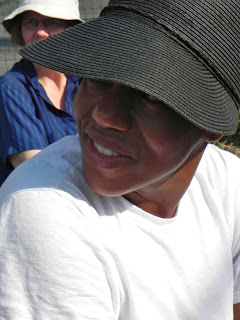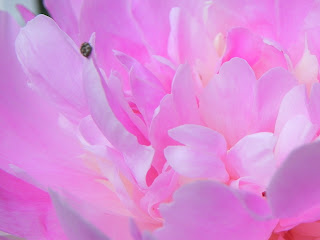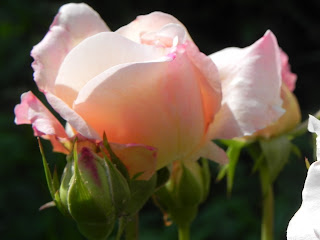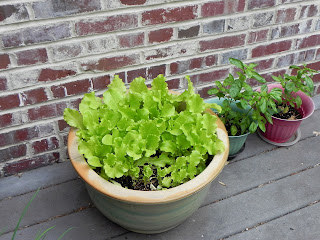 |
| Ray Py and me |
And I tried to sleep, but my chest heaved. I think words don't convey any meaning to what was in my chest, where my heart lives. The epicenter. The force pumping life's blood, where emotion resides—where fear and anxiety and anger and frustration and hope and joy pound out the beat of our lives.
Sleep was calling me, but I couldn't release myself to it. It didn't seem right to sleep last night. Instead, I thought about Jesse Jackson's eulogy for Jackie Robinson—we all have a birth date and then a dash. And then we all eventually have a death date. "But on that dash is where we live," he said. "And for everyone there is a dash of possibility, to chose the high road, or the low road; to make things better or to make things worse." And as I tried to think about the dash of my father's life, that ache in my chest grew more demanding. On my father's dash, there are so many stains and blots and discordant dots. So many transgressions and mistakes. So many fits and contretemps. Something worse than sadness and grief pulled at my chest cavity.
I'm glad to know that I loved him. I sometimes worried that I didn't. I sometimes thought about his death and imagined that it would pass without too much sadness. But I couldn't have been more wrong. The complexity of my relationship with my dad makes his passing so much more wrenching than I could have ever imagined.
When my mother died, there was a deep well of sadness. So much sadness, real, genuine, honest, heartfelt, a tragic loss. Real grief. I went through the classic stages and finally arrived at a place where I imagined that she rested with me in my heart, living life alongside me, whispering helpful hints to me as I made my way through each day. She was there with me for the ride. She was me. That is the completeness of a healthy grieving process. Perhaps it was her grief then last night, too, that filled my chest to the point of bursting. I think she must be there pounding out her sadness, inside the wall of my ventricle cavities.
The space my dad occupied in this world, I now realize, was massive. He was my childhood hero. He was a child himself, mischievously devising games to play, adventures to run off to, discoveries to make. He joined us in secrets behind my mother's back, breaking the rules in a way that endeared him to us forever. We built forts in the living room. We drank coke for breakfast. And stole sugar cubes. We had picnics in front of the TV. We got in the car and drove off to find adventure. My favorite was to go to Dulles and ride back and forth on the buses out to see the airplanes. "Let's go exploring," he would say. And the jokes and one-liners. The quips. The giggles and the belly laughs.
Forever in childhood is a very long time. But it doesn't last forever, and when we tried to grow up, we lost our hold on all that fun. He must have looked at our teenage bodies, and saw the eventual separation that would tear us from him. Divisions grew. When I made him mad, it was a cruel anger that was so bitter, so heartbreaking. And that bitterness is in my heart, making my heart ache so much today.
There is much on my Dad's dash that I don't understand and now, I won't know. I think he would say he had a lot of joy in his life. I think he did find happiness. I know how proud he was of us. I know he wanted to be more to us. And maybe he just couldn't figure how to do that. I know many people who will tell me how much they loved him. And I am very happy to know that.
But nothing hurts more than a cruel comment from your father. A word. A phrase. A shout. They well up in your heart and there is no way to cope. So you steal yourself. You block yourself. You build up walls. And you can't tear them down. Then when you have just one last moment to say goodbye. And you try to think of all the things you wish you could say, nothing comes out, and you can't say anything, except, I love you.
I guess that is all there is. Really. Thankfully. The Putterer



















































